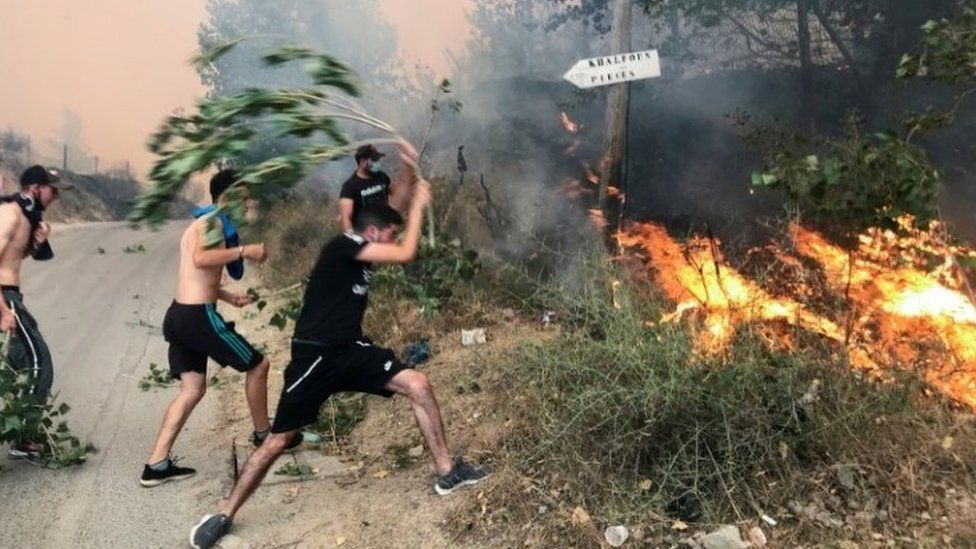If the official name of a state has the words “democratic” and “popular”, it is arguably neither.
Take the Democratic People’s Republic of Korea, otherwise known as North Korea, which is a totalitarian one-party state.
Then there’s Algeria, whose official name is remarkably similar to that of North Korea – the People’s Democratic Republic of Algeria.
Although it is not in the same league as that in Pyongyang, ask any of the thousands who have taken to the streets in Algeria since 2019 and they will concur that their regime is neither democratic nor popular.
They would say that their country has been run by a clique for decades, with the military holding the reins of power behind a civilian façade, and used the country’s oil wealth to line their pockets.
Further, the protesters view successive parliamentary and presidential elections as a sham to bestow legitimacy on a regime that otherwise has none.
Another tell-tale sign of a “people’s democratic republic” is that in moments of national crisis, the government’s first reaction is to blame foreigners or “fifth-columnists”.
When Algeria was hit last month by a wave of forest fires that devastated thousands of hectares of trees and green pasture and killed at least 90 people, including some 30 soldiers who had been deployed to put out the fires, the government’s first response was to point the finger at arsonists and to vow to hunt them down.
It provided no evidence. Not a word was said about climate change or that similar fires have been raging across the Mediterranean.

It was a similar response when the harrowing details emerged of the lynching and burning of the body of 37-year-old Djamel Ben Ismail, who had gone to the Kabylie region to help fellow Algerians extinguish the fires.
The incident was caught on mobile phones and widely circulated on social media. Algerians were shocked by the savagery of the perpetrators.
Embarrassingly for the government, it unfolded under the watchful eye of the police, who did next to nothing to stop the onslaught.
The government has defended the officers, saying they had come under attack from a violent mob, who snatched Mr Ismail from a police van.
The authorities have rounded up dozens of people – the latest count is about 80 – and accused them of involvement.
Characteristically, they were paraded on state television handcuffed while making confessions that, conveniently for the regime, implicated a local political organisation that the government recently designated a terrorist group.
The organisation, known by the acronym MAK, campaigns for the independence of Kabylie, a predominantly Berber region in northern Algeria, which was worst hit by the fires.
The region is also the birthplace of Hirak – the movement whose protests led to the ending of the two-decade rule of President Abdelaziz Bouteflika in 2019.
Hirak has continued to spook the old Bouteflika allies who have succeeded him.
BBC



